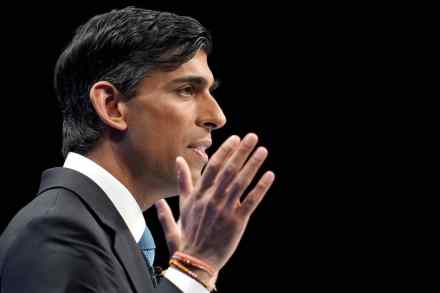Ready for Rishi? Sunak launches leadership bid
Rishi Sunak has this afternoon confirmed that he is running to be the next leader of the Conservative party. In a launch video published on social media, the former chancellor begins by telling the story of his grandmother coming to the UK from East Africa and starting a life here as he declares that ‘family is everything’ to him. Sunak is associated with high taxes rather than tax cuts and will be arguing for patience Sunak – who has also launched a leadership website under the name Ready for Rishi – has adopted the slogan: ‘restore trust, rebuild the economy and reunite the country’. In a taster of what to





















